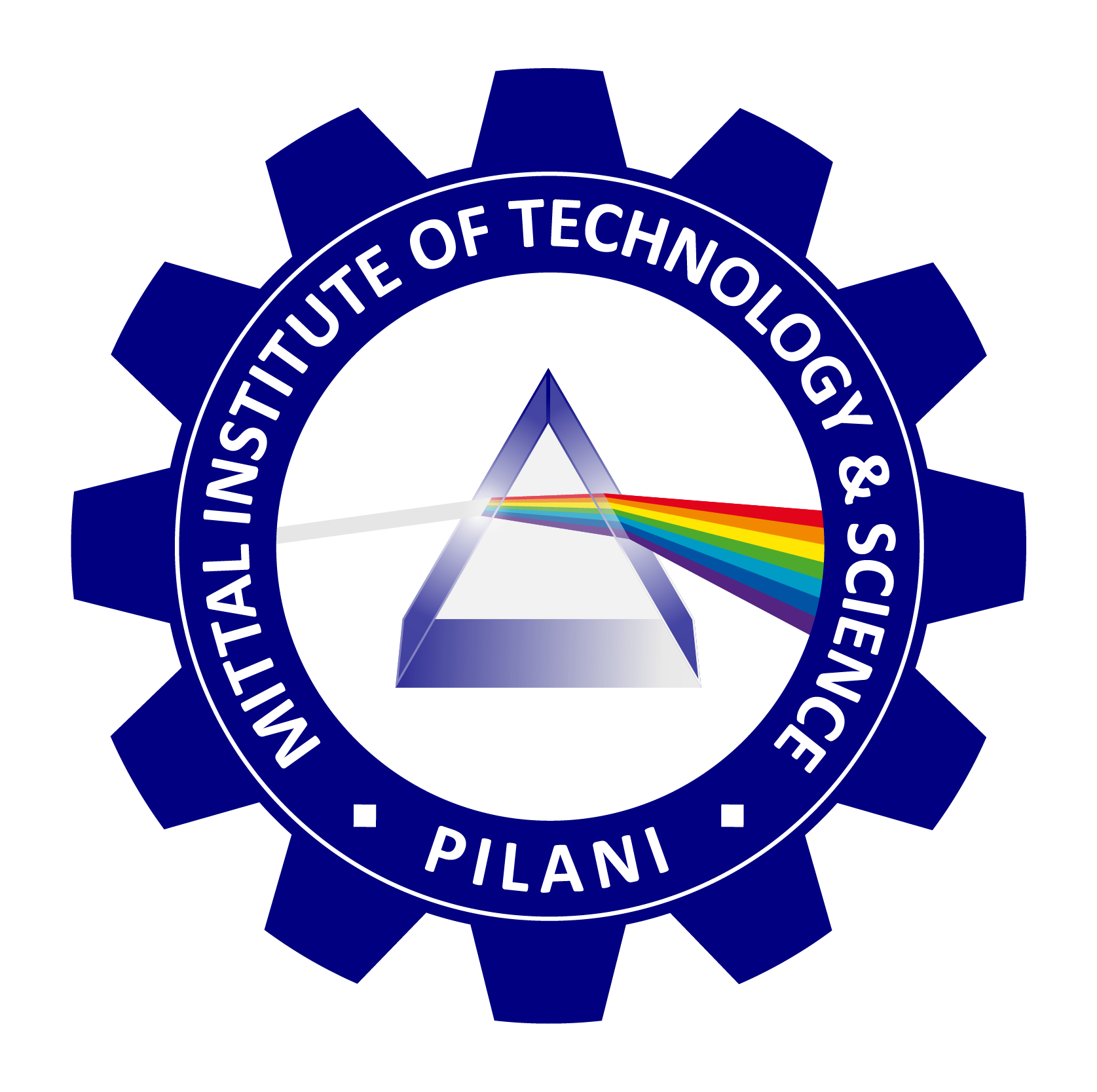
Management Education at MITS
Industrial management programs are offered at various educational levels, such as undergraduate, graduate, and postgraduate, each tailored to equip students with skills and knowledge relevant to managing industrial operations, processes, and resources. Below is an overview of each level:
- Undergraduate Programs in Industrial Management:
At the undergraduate level, programs typically focus on foundational business principles, industrial systems, and the management of manufacturing processes.
- Degree: Bachelor’s Degree (e.g., Bachelor of Science in Industrial Management or Industrial Engineering, Bachelor of Business Administration with a focus on Industrial Management)
- Duration: 3-4 years
- Core Subjects:
- Introduction to Management
- Operations and Supply Chain Management
- Industrial Engineering Principles
- Production and Manufacturing Processes
- Quality Control and Assurance
- Project Management
- Logistics and Transportation
- Economics for Industrial Management
- Safety and Environmental Issues in Industrial Management
- Industrial Automation and Technology
- Skills Developed:
- Problem-solving and decision-making
- Basic understanding of industrial systems and processes
- Analytical and managerial skills for production environments
- Leadership and team management in industrial contexts
- Career Paths:
- Production Manager
- Operations Analyst
- Quality Assurance Supervisor
- Supply Chain Coordinator
- Graduate Programs in Industrial Management:
Graduate programs in industrial management focus on more advanced concepts, such as strategic decision-making, complex industrial systems, and leadership roles in industrial organizations.
- Degree: Master’s Degree (e.g., Master of Science in Industrial Management, Master of Business Administration with a concentration in Industrial Management)
- Duration: 1-2 years
- Core Subjects:
- Advanced Operations and Supply Chain Management
- Industrial Systems Optimization
- Strategic Management in Industrial Environments
- Financial Management for Industrial Organizations
- Risk Management and Crisis Response
- Human Resources Management in Industry
- Lean Manufacturing and Six Sigma Techniques
- Industrial Process Improvement and Innovation
- Sustainable Industrial Practices
- Technology Management
- Skills Developed:
- Advanced leadership and team management
- Strategic planning and risk management in industrial settings
- Process optimization and efficiency improvements
- Ability to handle complex industrial systems and operations
- Career Paths:
- Industrial Manager
- Supply Chain Director
- Operations Manager
- Plant Manager
- Senior Project Manager
- Postgraduate and Doctoral Programs in Industrial Management:
Postgraduate (doctoral) programs, such as PhDs, focus on deep research into industrial processes, management theories, and innovation. These programs prepare students for academic, research, or high-level consultancy roles.
- Degree: PhD in Industrial Management, Doctor of Business Administration (DBA) with a specialization in Industrial Management
- Duration: 3-5 years
- Core Subjects and Research Areas:
- Research Methodologies in Industrial Management
- Advanced Theories in Operations and Supply Chain Management
- Innovation and Technological Change in Industry
- Organizational Behavior in Industrial Systems
- Research on Sustainable Industrial Practices
- Strategic Industrial Policy Analysis
- Industrial Economics
- Technological Disruption and Industrial Innovation
- Skills Developed:
- Expertise in a specific area of industrial management or processes
- Research skills and the ability to conduct in-depth analysis of industrial systems
- Ability to contribute to academic knowledge and industry innovation
- Career Paths:
- University Professor
- Industrial Researcher
- Senior Consultant in Industrial Operations
- Corporate Strategy Leader
- R&D Director
Additional Certification and Training:
Across all levels, students and professionals can enhance their qualifications with certifications such as Lean Six Sigma, Project Management Professional (PMP), Certified Supply Chain Professional (CSCP), or specialized industrial technology certifications.
In conclusion, industrial management education at the undergraduate level builds foundational knowledge, while graduate and postgraduate programs allow for specialization and leadership in industrial systems, research, and strategic decision-making.

Professor Rakesh Mittal
Director
Mittal Institute of Technology & Science, Pilani, India and Clearwater, Florida, USA
